A happy passenger
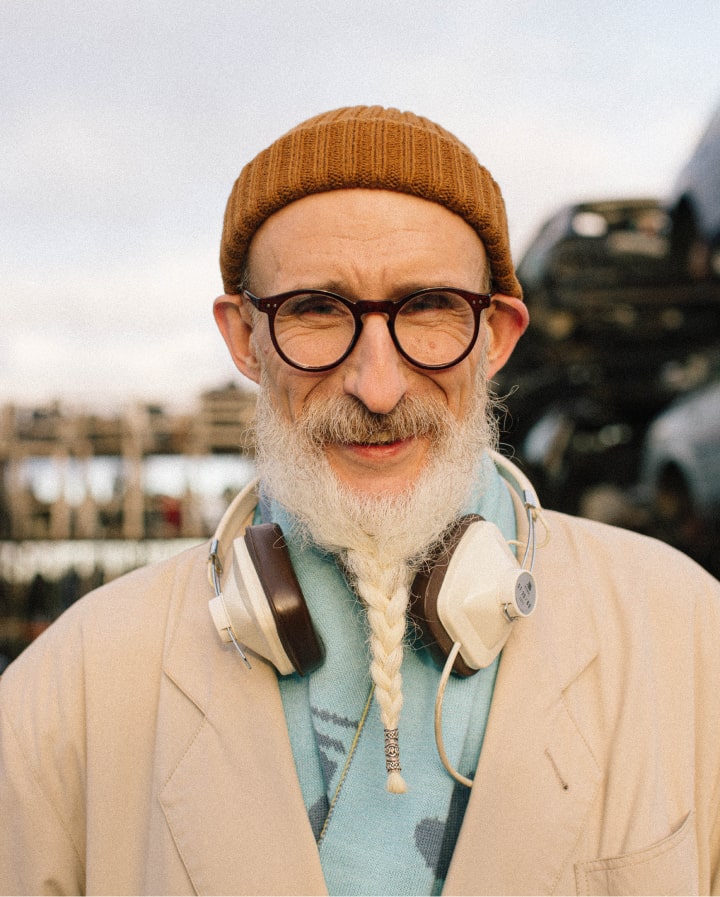
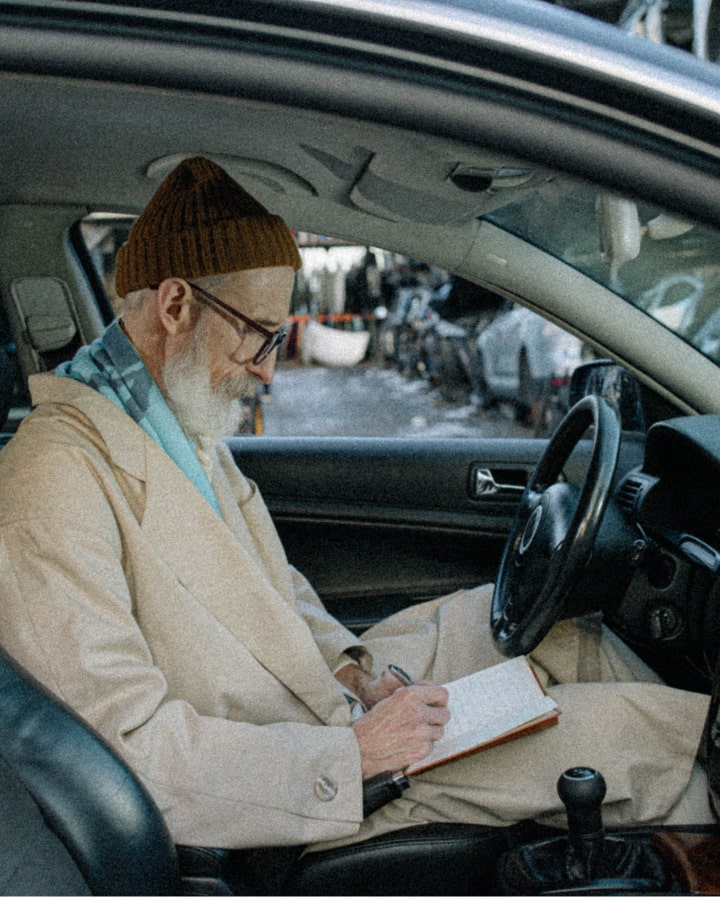
Every morning, Aivar boards a bus to the city centre. Public transport is state subsidised, so one could say that Aivar travels for free. He comes back at night by bus too, and has come to recognise many of his fellow travellers on sight. He knows who gets on where, and where they get off. And apparently, they know Aivar too, exchanging nods whenever they see him.
There are no strangers on buses
Aivar is 61 and has, in his own words, lived a colourful life. He’s worked in sports, theatre, and business and has been a mentor and spiritual advisor. “For more than 30 years, I’ve helped people make big decisions regarding their personal lives and careers,” he said, “and have been involved in the community and team building.”
When his children were ready to go to school, he found himself dissatisfied with the options available, and decided to help set up a school in the city centre. After that, he began to advise other schools. At the time, he lived just beyond the city in a suburb along the coast. Living outside the city, he was dependent on cars for most of his career.
“I used to buy new cars straight from the factory”
For a while, he worked from home but then decided to rent an office in town. Aivar would drive there every day, dropping his kids off at school and easily burning through a full tank of 65 litres of diesel each month. Aivar began to view getting rid of the car not only as a way to reduce family expenses, but as a means for changing his whole life. “Cars offer a sense of comfort and freedom,” Aivar said, “but these feelings can turn out to be illusions that trap us.”
People develop by getting out of their comfort zones
The meaning of cars has also changed over time. Today, Aivar maintains, they have become a sort of cult object, where, as a part of this car cult, it’s acceptable to pay any price for comfort and status. “I’ve learned through personal experience that people develop by getting out of their comfort zones,” said Aivar. “That means leaving what is safe and certain behind and leaving the cult.” Aivar left the car cult a little over a year ago and found the effects immediately liberating. “I understood that one phase of life was over,” he said. “It changed my life a lot.”
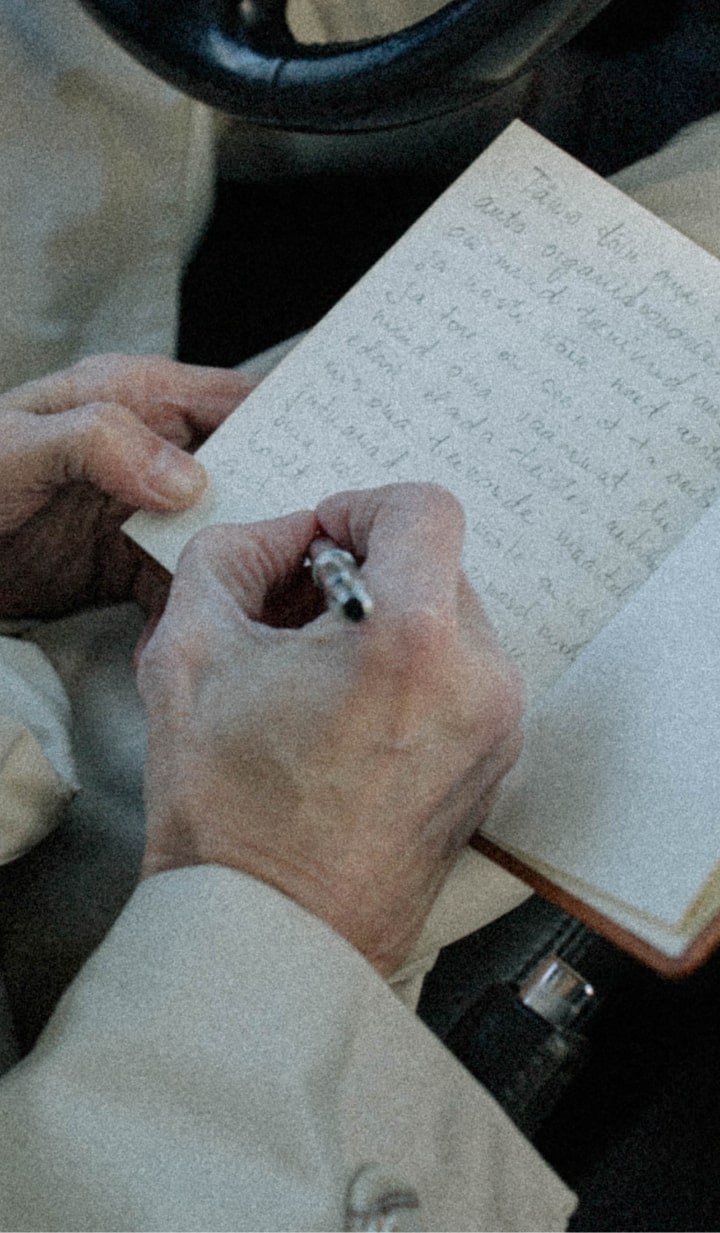
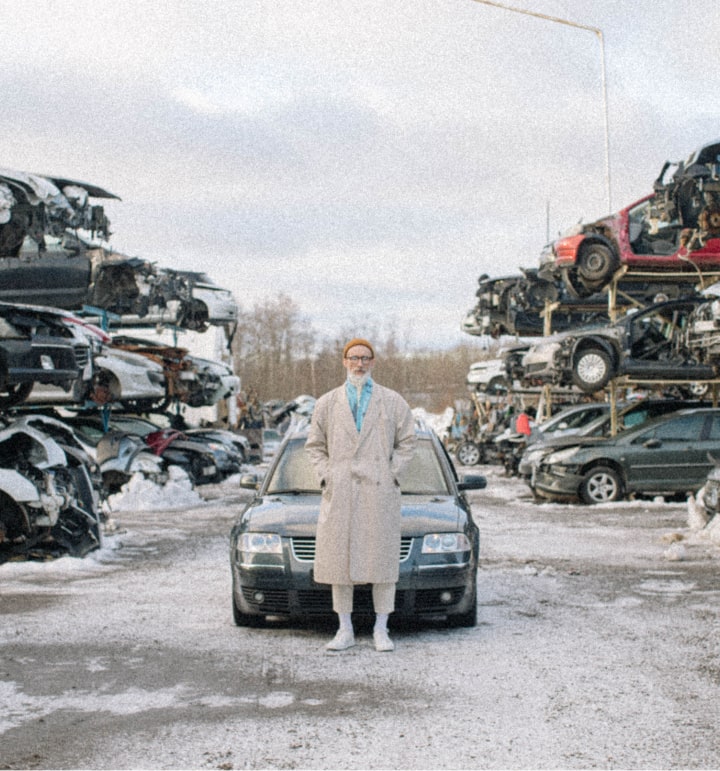
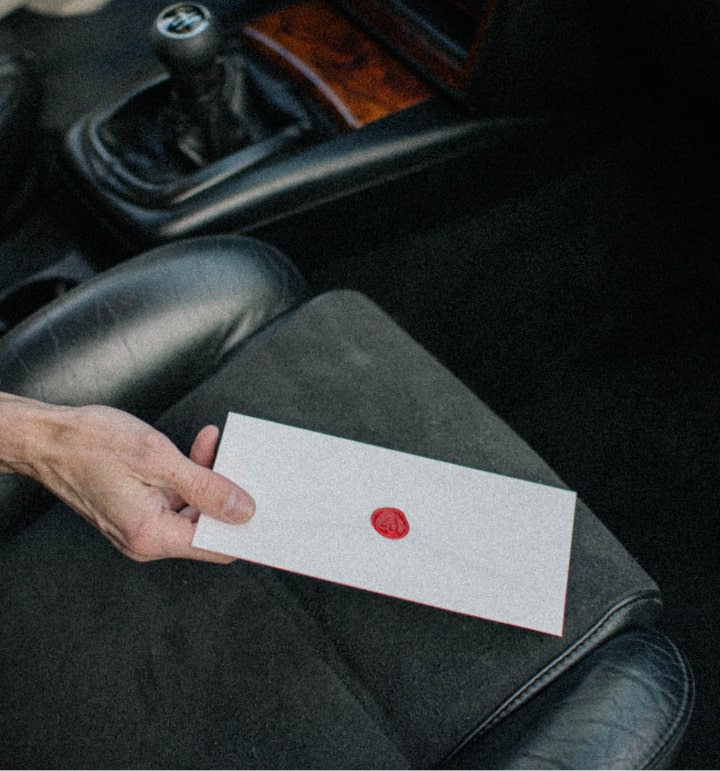
Why is he happy?
The fact that city public transport is free is certainly a factor, but Aivar also relies on other forms of transport, like buses and trains, to travel to more distant destinations. Rather than navigating crowded motorways, he enjoys the opportunity to read, and to arrive well-rested. He uses Bolt, too, if he needs to drive somewhere to attend a business meeting. It’s clear to him that efficient and cheap public transportation and shared mobility will be key to the shift towards sustainability.
It’s the bus that has become Aivar’s mainstay, and he calls himself a ‘happy passenger’. Some passengers, he noted, take the bus because they don’t have any other choice. Others, though, maybe half, take the bus because they like it. Many spend most of their commutes with their noses in their smartphones.
And when Aivar looks at the cars through his bus window, he sees much of the same, as many drivers scroll their phones as they sit in traffic jams. “Apparently, this is a huge cause of car accidents,” Aivar observed. (And he’s right, as statistics show that over 26% of car wrecks involve phones).
“Having free transportation available means taxpayers have decided they prefer public transport to having their own vehicle,” Aivar said. For some, the decision has been a conscious one, while for others, it remains something they know instinctively but have not yet fully accepted.
“I am one of those bus passengers who made the choice happily,” Aivar said. “Change is never painless,” he added, “but the only thing certain in life is that everything changes.”
The end
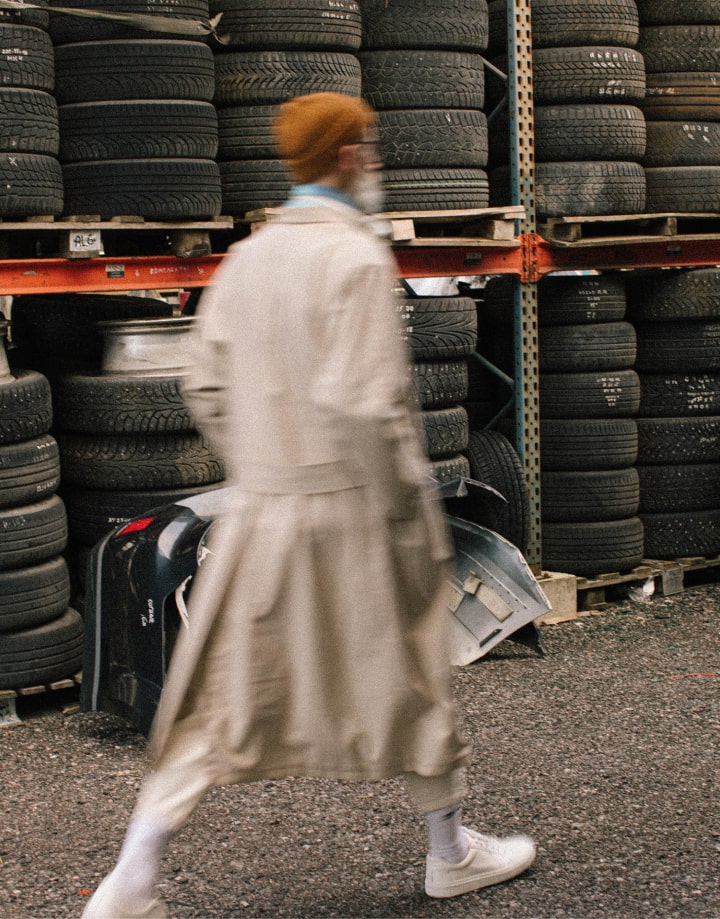

Need help breaking up?
Bolt is a mobility app that helps you break up with your car and live a better, healthier and more sustainable life. Download the app and enjoy our ride-hailing, scooter, e-bike, and car-rental services.